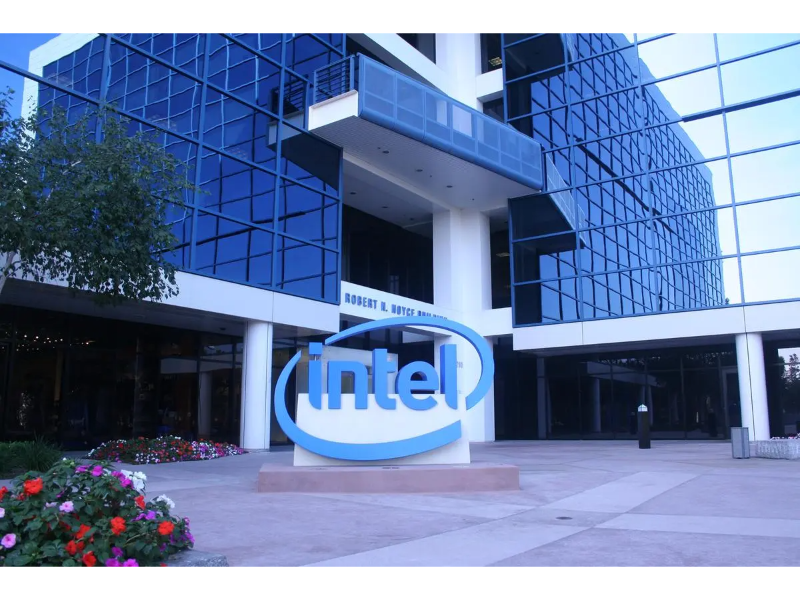- Intel has confirmed that stability issues with its 13th and 14th generation desktop processors and plans to release a microcode patch in mid-August.
- Due to this issue, some game developers and reviewers are not recommending Intel’s processors at this time.
OUR TAKE
Previously, Intel began investigating the issue in April after reports of certain processor models crashing frequently while gaming. Despite updates from Intel and motherboard BIOS, the issue has not been fully resolved, and recent criticism and reports of game crashes have increased the pressure on Intel to address the issue.
-Rae Li, BTW reporter
What happened
Intel has identified the root cause of a problem affecting the stability of its 13th and 14th generation desktop processors. The problem stems from the processor’s “elevated operating voltage,” which is caused by a microcode algorithm that incorrectly sends a voltage request to the processor. Thus, Intel plans to release a microcode patch to motherboard manufacturers in mid-August to address the issue, and recommends that affected users contact Intel support.
Intel first confirms the issue in April when it receives reports of frequent crashes during gaming on Intel Core i9-13900K and i9-14900K processors. Despite attempts by Intel and motherboard BIOS updates to address the issue, they are not entirely successful. Recently, pressure on Intel has increased due to videos posted by game developers and reviewers revealing a large number of game crashes, and they have stated that they are unable to recommend Intel’s processors at this time.
Also read: Intel data-center executive to take CEO Job at spinoff Cornelis
Also read: Intel expects to reach $1B in revenue from software strategy
Why it’s important
Intel’s current incident involves the stability and performance of the processor which is the core component of a computer, and its stability and performance directly affects the user’s experience and the overall performance of the device. For a large chip maker like Intel, processor stability issues affect the reputation of its products and user trust.
In addition, because processor problems can lead to frequent system crashes, data loss, and decreased work efficiency, timely detection and resolution of these issues is critical to safeguarding users’ data security and work efficiency.

